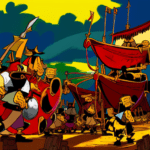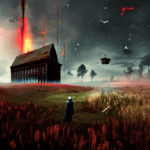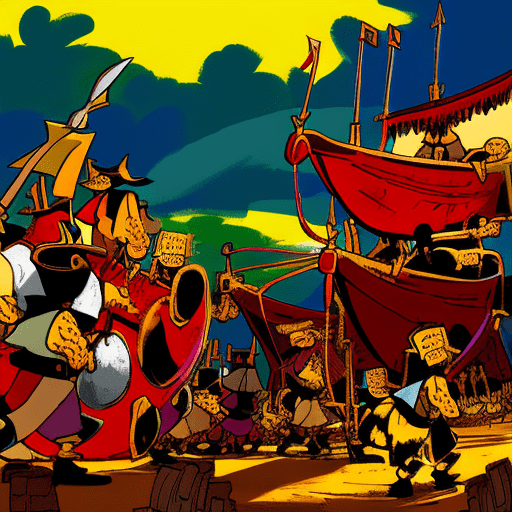One-line Summary:
Medicine Walk is a poignant and powerful novel that explores themes of family, redemption, and the healing power of nature through the story of a troubled father-son relationship.
A Journey of Redemption and Reconciliation
Medicine Walk, written by Richard Wagamese, takes readers on a profound journey of redemption and reconciliation through the eyes of Franklin Starlight, a young First Nations man, and his estranged father, Eldon. The novel delves deep into the complexities of their relationship, exploring themes of love, forgiveness, and the search for identity.
The story begins with Franklin receiving a summons from Eldon, a man he barely knows, to fulfill a promise made long ago. Eldon, now dying, asks Franklin to accompany him on a journey through the rugged wilderness of British Columbia to a sacred place where he wishes to be buried. Reluctantly, Franklin agrees, setting the stage for a transformative journey that will force both father and son to confront their pasts and find a way to heal.
As Franklin and Eldon navigate the treacherous terrain, Wagamese skillfully weaves together flashbacks and present-day scenes, gradually revealing the troubled history that has shaped their lives. Franklin, raised by his mother and her partner, has grown up without a father figure, while Eldon, haunted by his own demons, has been absent for most of Franklin’s life. Through their shared experiences in the wilderness, they begin to unravel the layers of pain and resentment that have kept them apart.
The Healing Power of Nature
Throughout the novel, Wagamese beautifully portrays the healing power of nature. As Franklin and Eldon traverse the rugged landscape, they are immersed in the awe-inspiring beauty of the wilderness. The author’s vivid descriptions of the mountains, forests, and rivers serve as a metaphor for the characters’ emotional journeys. In the midst of nature’s grandeur, Franklin and Eldon find solace, peace, and a sense of belonging.
The wilderness becomes a teacher, guiding them towards self-discovery and healing. It teaches them the importance of patience, resilience, and the interconnectedness of all living things. Through their encounters with wildlife and the natural elements, Franklin and Eldon learn to let go of their past traumas and embrace the present moment.
A Story of Family and Identity
At its core, Medicine Walk is a story about family and the search for identity. Franklin’s journey with his father forces him to confront his own sense of self and grapple with the question of what it means to be a man. As he learns more about Eldon’s past, Franklin begins to understand the complexities of his own heritage and the importance of embracing his First Nations roots.
The novel also explores the concept of chosen family. Franklin’s relationship with his mother’s partner, known as “the old man,” is a testament to the power of unconditional love and the bonds that can be formed outside of traditional family structures. Through these relationships, Wagamese highlights the resilience and strength of Indigenous communities, despite the historical and ongoing challenges they face.
Key Takeaways:
- The power of forgiveness and reconciliation in healing family wounds.
- The transformative effects of nature on the human spirit.
- The importance of embracing one’s heritage and cultural identity.
- The significance of chosen family and the bonds formed outside of traditional structures.
“Sometimes a person’s story is enough to keep them going. And sometimes it’s the story that keeps you from going.” – Richard Wagamese
In conclusion, Medicine Walk is a deeply moving novel that explores themes of family, redemption, and the healing power of nature. Through the journey of Franklin and Eldon, readers are reminded of the importance of forgiveness, the transformative effects of the natural world, and the significance of embracing one’s identity. Richard Wagamese’s poignant storytelling leaves a lasting impression, reminding us of the power of love and the strength of the human spirit.












